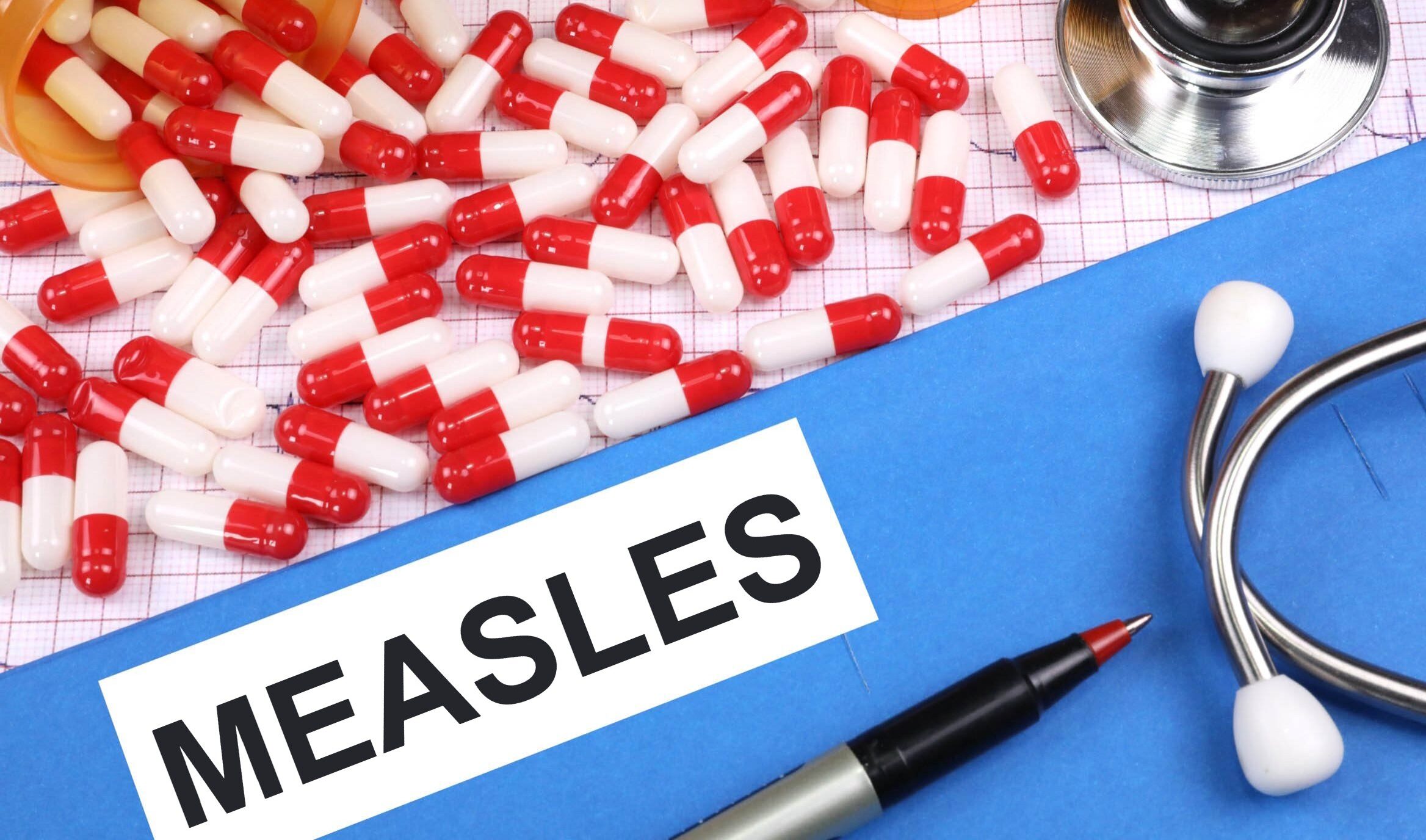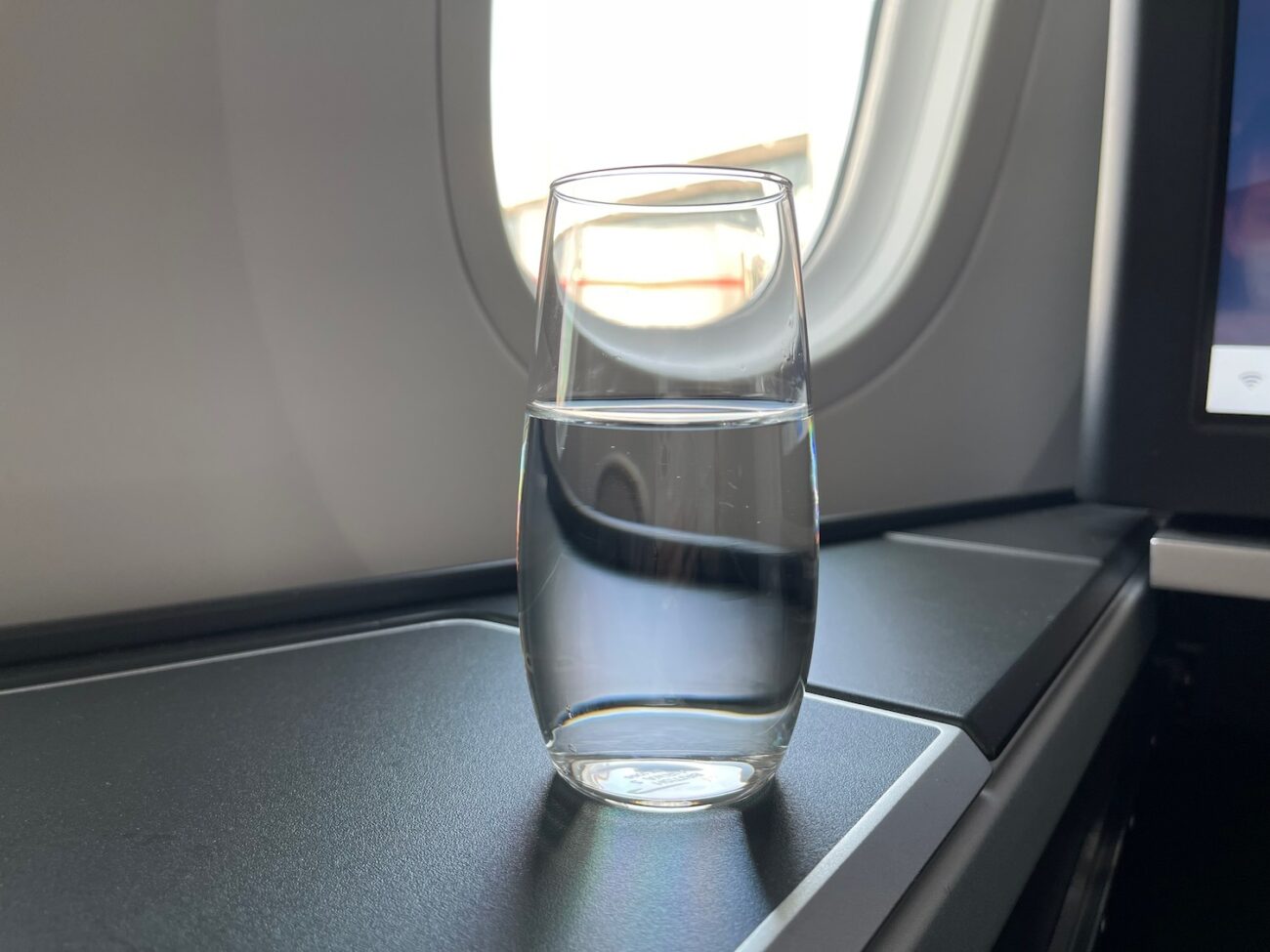The departure gate hums with anticipation. Boarding passes flutter like prayer flags while travelers check passports one final time. Yet beneath this familiar ritual lies an invisible threat that has health officials issuing their most comprehensive travel warning in years.
Measles cases among international travelers have reached levels that prompted the Centers for Disease Control and Prevention to abandon targeted advisories. The agency now recommends MMR vaccination for every international journey—a sweeping change that transforms health preparation from optional to essential.
When Wanderlust Meets Reality
Steam doesn’t just rise from airport coffee cups anymore. While Gen Z might reach for “fridge cigarettes” to cope with daily stress, airport terminals now buzz with a different kind of anxiety—one that no viral trend can cure, only vaccination can prevent. The heat of concern radiates through terminal corridors as health experts track a virus that spreads faster than gossip in small towns.
Measles transmits through microscopic droplets—invisible hitchhikers that travel whenever infected individuals cough or sneeze. Recent outbreaks revealed the disease’s ability to hop between continents via commercial flights, turning aircraft cabins into unwitting transmission chambers.
Unlike the dramatic demises that filled Old West graveyards, modern measles deaths occur quietly in hospital rooms—making prevention through vaccination our most powerful defense against this ancient adversary. Two deaths in Texas and New Mexico during March 2025 remind us that wanderlust carries weight beyond passport stamps.
Health researchers note a troubling shift. Where measles once clustered in specific regions, transmission now occurs during transit itself. Airport lounges, train platforms, and tourist attractions become crossroads where protective immunity matters most.
- Vulnerable travelers include infants under 12 months, adults over 20, pregnant women, and immunocompromised individuals
- Timing matters: MMR doses require two weeks minimum before departure
- Infant protection: Babies aged 6–11 months need early vaccination for international travel
- Symptom vigilance: Monitor for fever, rash, cough, and red eyes for three weeks post-travel
- Professional guidance: Consult healthcare providers six weeks before departure
The Art of Responsible Exploration
Dr. Ashley Darcy-Mahoney from George Washington University captures the evolution succinctly: patterns now show “transmission in transit” rather than destination-specific outbreaks. This shift reflects our interconnected world, where declining vaccination rates create vulnerabilities that cross borders faster than customs lines.
Travelers uncertain about immunity status should abandon self-reporting for professional assessment. Healthcare providers understand that the two-dose MMR series offers robust protection when spaced at least 28 days apart—timing that demands advance planning rather than last-minute preparation.
Smart exploration begins with smart preparation. In a world where destinations beckon and adventures await, the most seasoned travelers know that the best journeys start with taking care of yourself—and everyone you encounter along the way.


















